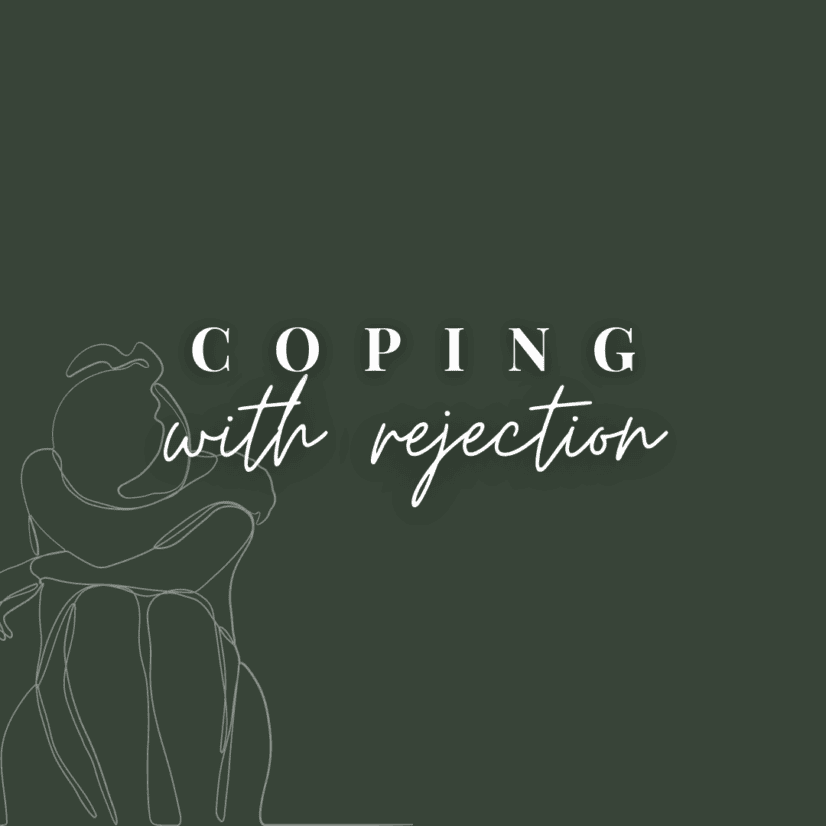Rejection…when I think of this word, it makes me think of the difficult times I have experienced rejection. It is not one of my favorite topics to think about. However, rejection is part of life that we all experience. As human beings, we have to experience rejection in some kind of way. We have all had that friend who doesn’t respond to our text message, a significant other that breaks up with us or has an affair, a job opportunity that falls through, or been let go from a position.
I recently read a Psychology Today article by Dr. David S. Chester, that linked research to show that these damaging emotional rejections can lead to physical health outcomes such as smoking and chronic obesity.
Rejection is a social injury and lights up the brain in the same way as physical injury. Not only can rejection cause us literal pain, it also causes us emotional pain. Our self-esteem and self worth can be shaken.
When we experience rejection, our body turns to coping skills or defense mechanisms in order to handle it. Sometimes, we tear ourselves down, so that if we begin to believe we are worthless, we do not have to feel that hurt and pain. Other times we may build ourselves up, and inflate our ego, so we can think that we are above the people who caused the hurting. There are others that may choose to disengage from that feeling completely. All of these defense mechanisms are costly to us in some way. However, when we allow ourselves to feel rejection, we can actually process these painful events in a more helpful manner.
There are some coping skills that we can practice in order to respond to rejection in a healthy way as well as process through these events.
- Self-compassion- Notice how difficult the situation may be and think about ways to practice self-care. This step involves treating oneself with kindness and understanding, even while facing personal failures.
- Mindfulness- Observe what happened in the situation without casting judgment or criticizing oneself. This step helps us not to be “over-identified” with our thoughts and feelings. This helps to reduce aggressive responses and cope better with rejection.
- Self-care- Think about what your body and mind need in order to feel nurtured and taken care of.
When we treat ourselves well, we begin to find worth and can recover from rejection in a more healthy way.
Written by: Chelsey Beauchamp, LPC

